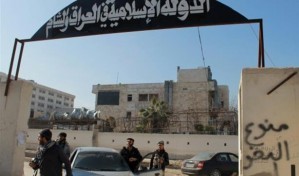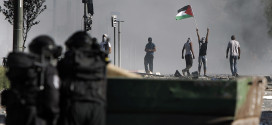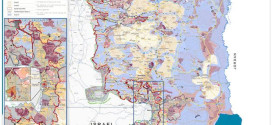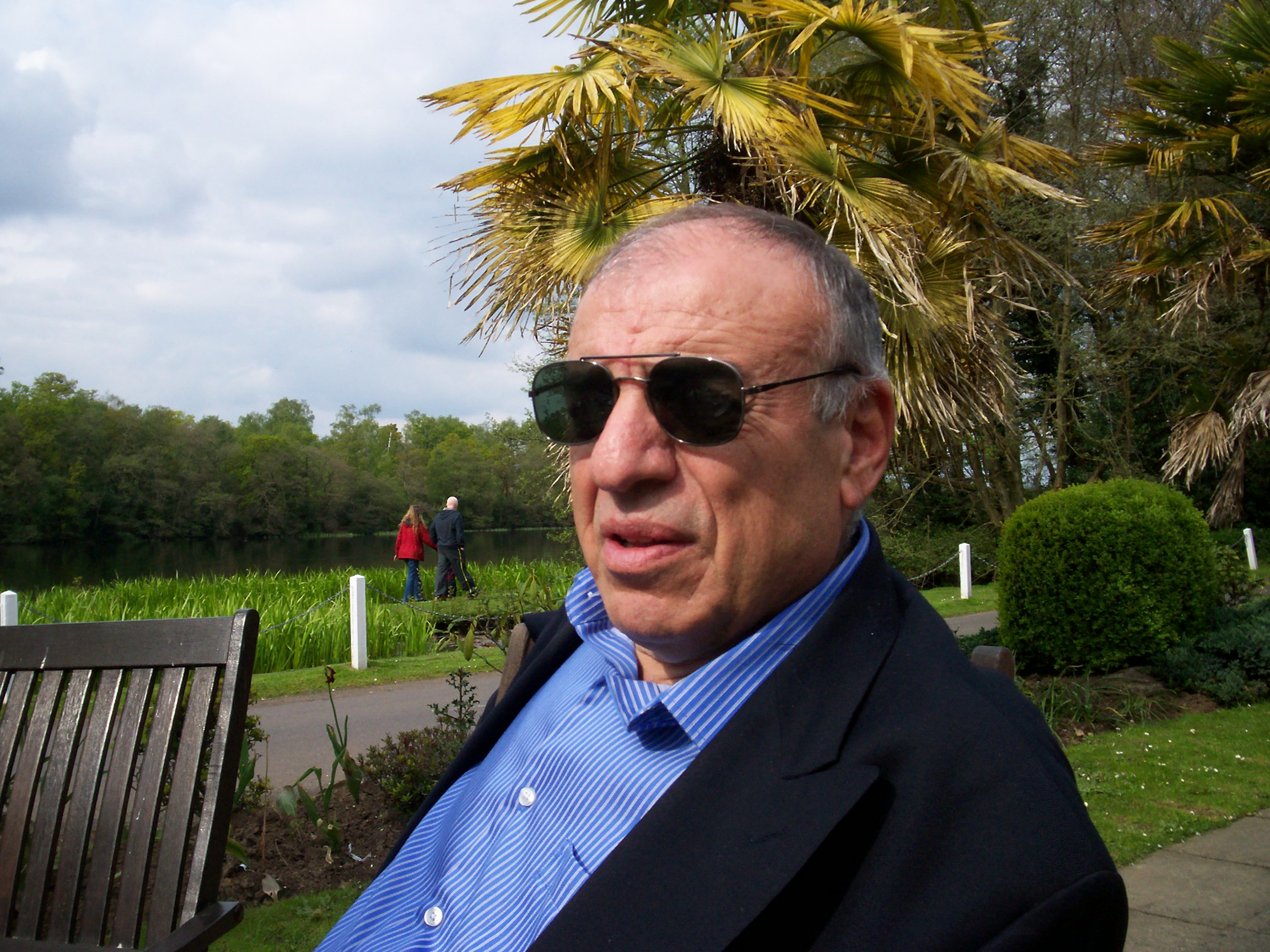
War without Assad
Teaming up with Assad against Islamic State is a very bad idea, writes Nehad Ismail.The beheading of the captured American journalist James Foley has focused attention on the danger posed by the Islamic State in Iraq and Syria, not just to those countries, but to the United States. The US is now considering action against ISIS' main bases in Syria, beginning to mobilise a broad coalition of allies behind potential intervention, and moving toward expanded airstrikes in northern Iraq.
Certain influential voices in the West have suggested that the US must seek the support of President Assad defeating ISIS. Sir Malcolm Rifkind, chair of the Intelligence and Security Committee at the British Parliament, has proposed talking to Iran and working with Assad. A number of journalists and public figures from Lord Dannatt to Sir Christopher Meyer suggest similar alliances. But how to square an alliance with an acknowledged rogue leader who has killed 191000 of his own people and used toxic gases at least eight times since April this year?
Writing in the Daily Telegraph on 25th August, David Blair: " Bashar al-Assad, the chief arsonist of Syria, ...is now being hailed as ideally qualified for the post of fireman. " But, he argues, it is a nonsense that Assad is a bulwark against IS.
The Assad regime committed unspeakable crimes against its own people, colluding with IS for over a year. Ample documented evidence shows that the Assad regime never targeted IS but invariably attacked the Free Syrian Army, the only moderate rebel group in Syria fighting ISIS/ISIL. When ISIL seized oil wells the regime was its first customer, providing funding and support.
Some observers reject the involvement of Assad in the fight against ISIS, but would like to see more Arab and regional involvement. Koert Debeuf, Representative of the European Parliament's Alliance of Liberals and Democrats for Europe and author of "Inside the Arab Revolution" told Carnegie Europe recently: "Yes, Europe will go to war against the Islamic State —but it should not lead the campaign". Europe, he argues, is already at war, albeit in a limited way. UK and France are supporting the US in stopping the march of ISIS into Kurdistan by launching air attacks and arming the Peshmerga (the Kurdish military), who are fighting the jihadists.
Debeuf calls for a coalition of Arab states to take the lead in this war. Only co-ordinated action by Saudi Arabia, Jordan, Iraq, Turkey, Egypt, and, preferably, Iran, can prevent ISIS's expansion in the region. The role of the EU and the United States should be to ensure that this war conducted by the neighbours is a 'success' .
Henrik Heidenkamp, Research Fellow for the Defense, Industries, and Society Programme at the Royal United Services Institute, disagrees. "Europe certainly could directly engage ISIS with military means; whether it will depends on European leaders' resolve."
US Secretary of State Kerry is blunt: "Assad is the single biggest magnet for terrorists there is. He is a one-man super-magnet for terrorism. Before Assad started killing his own people, these terrorists were not in Syria."
The debate continues, but what is certain is that action against ISIS must be taken, and very soon, without Assad.
A year ago, the use of chemical weapons saved Assad's regime, and now that regime is trying to survive on the back of the war against ISIS. Hussein Ibish, a columnist at NOW and The National (UAE), believes "that Assad is smelling another opportunity to survive and rehabilitate the regime".
Last year David Cameron pledged his support to President Obama in confronting the Syrian regime. The pledge was wrecked by Ed Miliband, for narrow political advantage. Had action been taken a year ago, we wouldn't have heard of ISIL/ISIS and its latest incarnation, so-called IS.
Back in 2011, when the uprising started against Assad, unarmed demonstrators were labelled terrorists. According to Ibish, "Assad and his cronies wove an elaborate mythology about an assault by international jihadists backed by Al Qaeda. And over the course of the next year-and-a-half his regime worked night and day to ensure that this mythology became a reality."
All the indications are that the US is preparing for some kind of military action against the Islamic State in Iraq and in Syria. US military Joint Chiefs Chairman Martin Dempsey warned last week, it would have to extend itself into Syria.
The most cost effective and ethical strategy for the West is to ignore Assad altogether and provide full military support to the Free Syrian Army (FSA) in Syria and to arm the Kurds in Northern Iraq. They can do the job themselves with air support from NATO.
Assad has mobilised every resource and every possible weapon, including poison gas, for use against the non-Islamist rebels. Day after day, his tanks, artillery and strike aircraft pound the remaining strongholds of the FSA and deliberately avoid direct confrontation with ISIS. As I write, I hear reports of Assad regime using barrel bombs, cluster bombs, scud missiles and toxic gases against the people of Syria, not against ISIS.
The top priority now is the eradication of ISIS/ISIL/IS. Without Syrian help - quite the reverse. The most pressing objective for the campaign should be the removal of ISIS' key ally, the Assad regime.
 العربي الديمقراطي The Latest From The Arab World
العربي الديمقراطي The Latest From The Arab World





